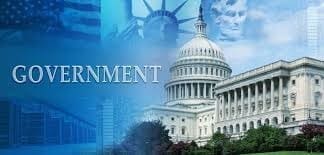New Delhi government from the experience of 2008, is looking to pursue reforms in areas that are receiving much-needed incentives as part of a strategy to ensure that there is no shortage of funds.
With support form distribution companies, that the power ministry is hoping to be part of the latest set of measures, will need to be accompanied by a framework where only those who deserve subsidies should get it, while dues of discoms as well as coal companies are cleared. Similarly, in other sectors, several schemes will be tweaked to ensure that they become more efficient and the beneficiaries can scale up when the opportunity arises in the coming months.
Government officials said that while preparing for incentives, measures for the MSMEs and the poor were finalized on Saturday, the Narendra Modi administration was conscious of the fact that the bulk of the UPA packages announced by the then Finance Minister Pranab Mukherjee in 2008 The scale had an impact and a pile of bad debts, which took years to clear. As a result, there have been several discussions at the PM level to ensure “no free parties”.
“There has to be a sound fiscal management, which serves the overall economic purpose. The crisis will be used as an opportunity to undertake several crucial steps to improve performance and efficiency,” an official said, pointing to the latest round of excise duty hike. The rationale of allowing oil companies to hold prices steady for nearly 45 days was to ensure that their inventory losses are covered, a part of which was made up through aggressive purchase and storage of crude oil at $19-21 a barrel, taking advantage of the low international prices. And, just when infrastructure ministries, led by road and highways were getting worried about the lack of funds in the Central Road and Infrastructure Fund, the government raised the duty on Wednesday to mop up Rs 1.6 lakh crore, which would otherwise have been pocketed by oil companies.

